Stay up-to-date with all the latest football news. We cover transfers, analysis, betting statistics, and much more.
Bet Slip
Football News & Betting
Latest Football News
Latest News
- 1
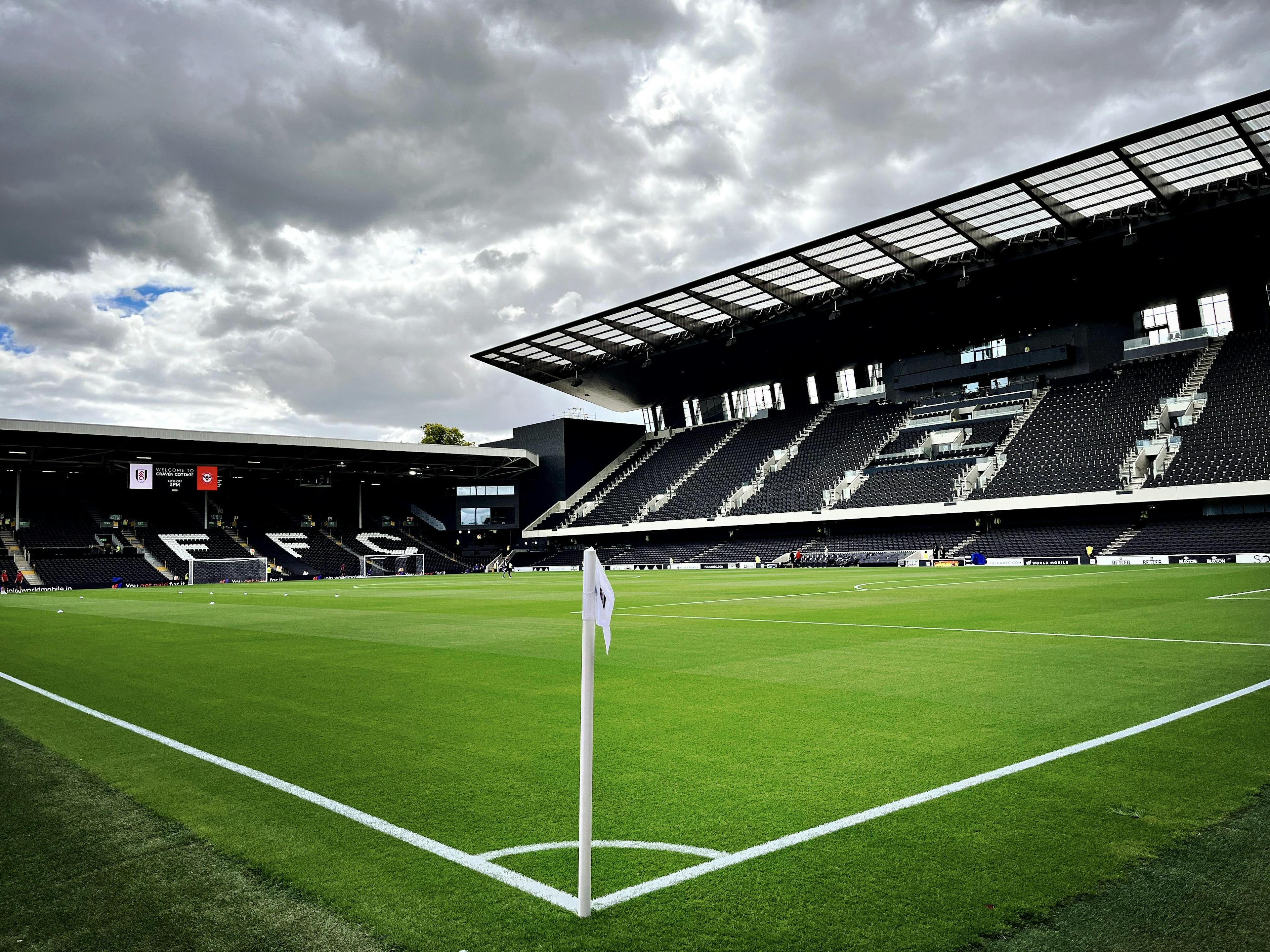 News
NewsFulham vs Liverpool: 48/1 Bet Builder Tip 04/01/2026
- 2
 News
NewsWolves vs West Ham: 50/1 Super Bet Builder Tip with BOYLE Sports 25% Boost - 3rd January 2026
- 3
 News
News50/1 for Luke Littler to beat Ryan Searle! Paddy Power Sign Up Offer 02/01/2026
- 4
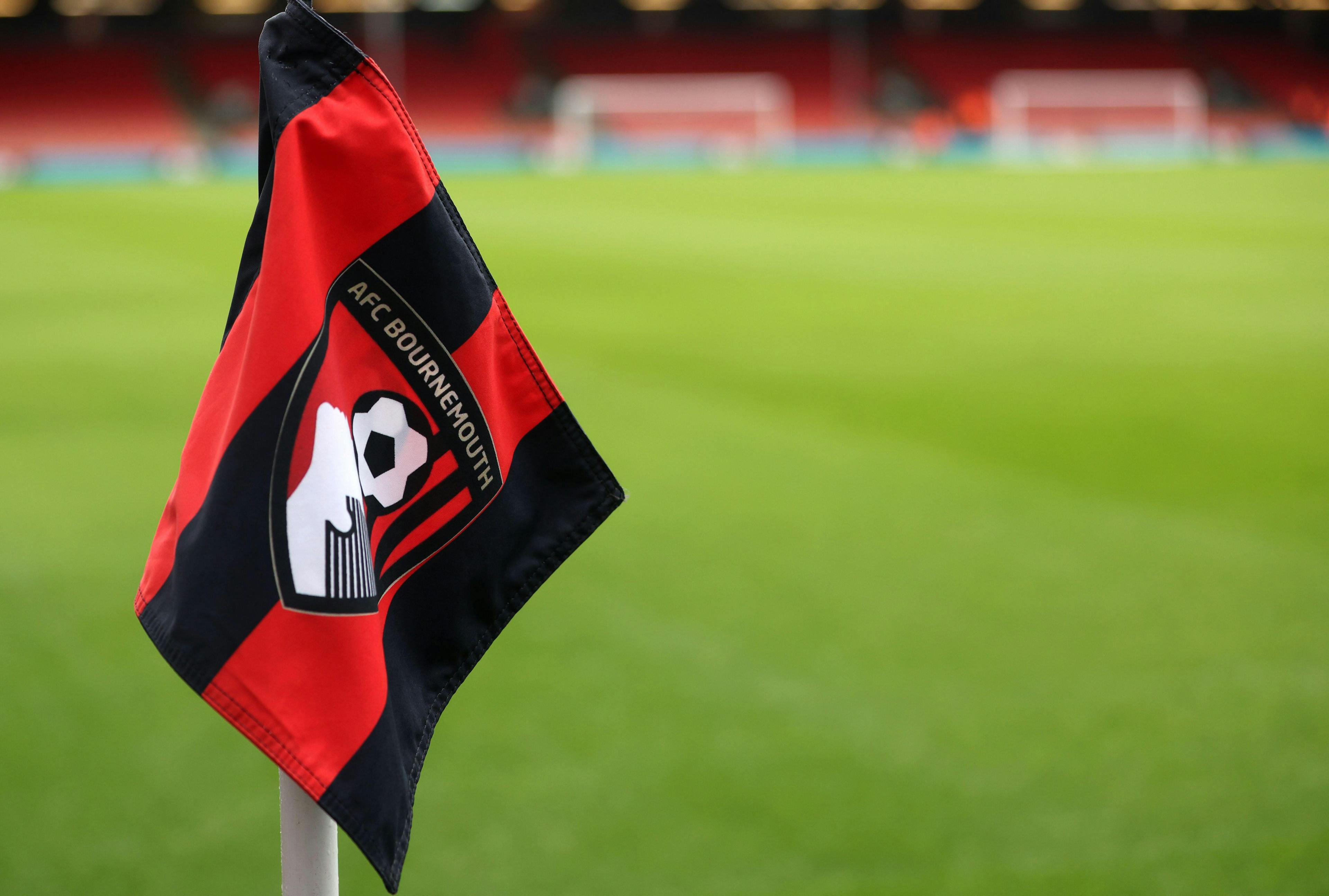 News
NewsBournemouth vs Arsenal: 60/1 Mega Bet Builder Tip 03/01/2026
- 5
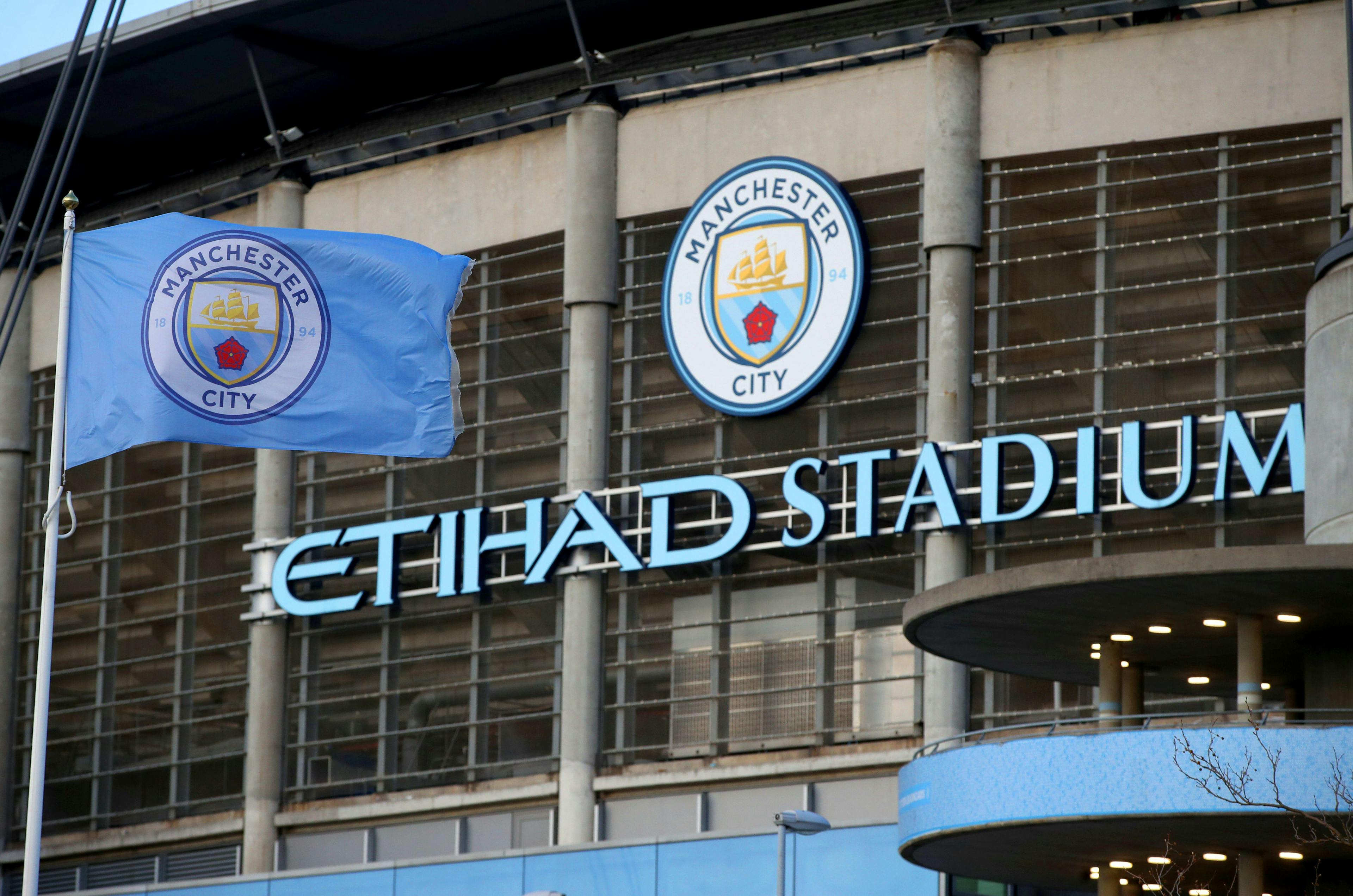 News
NewsMan City vs Chelsea: 77/1 Mega Bet Builder Tip 04/01/2026
- 6
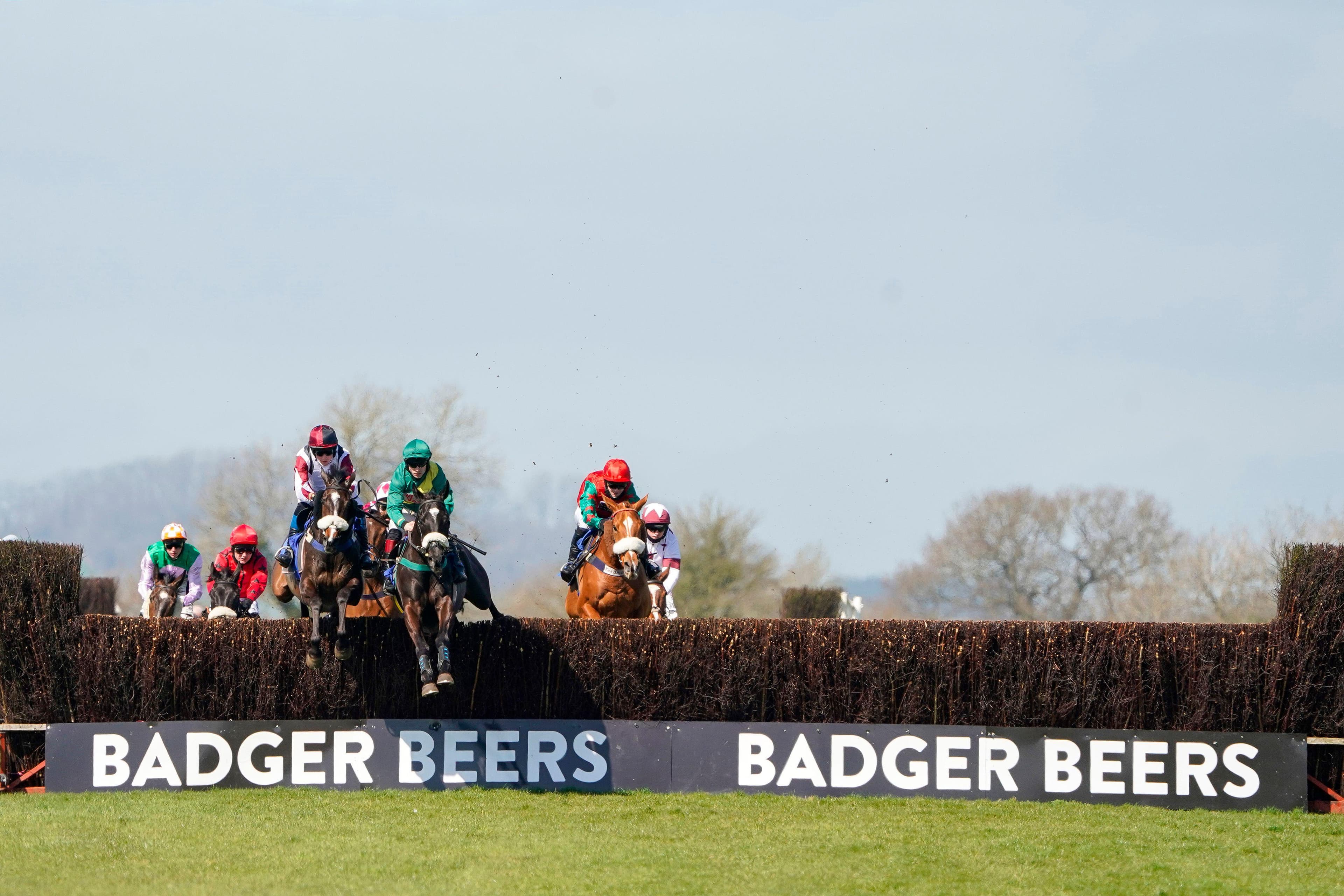 News
NewsITV Racing Tips – Saturday 3rd January 2026 Best Bets for Wincanton & Sandown
- 7
 News
NewsMega Accumulator Tip: @FootyAccums Premium Boost - 04/01/2026
- 8
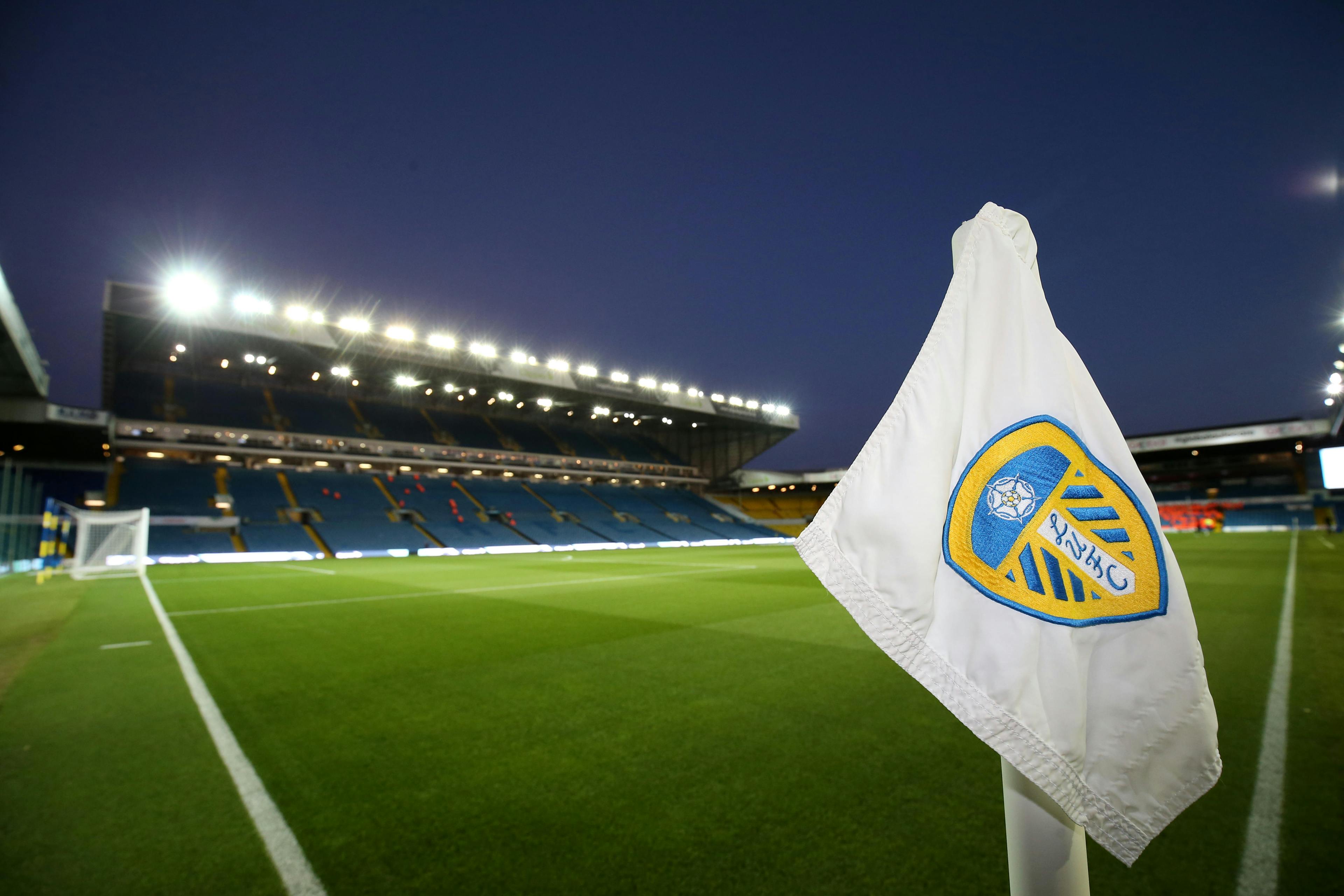 News
NewsLeeds vs Manchester United: 64/1 Bet Builder Tip & Predictions 04/01/2026
- 9
 News
News50/1 for a Goal to be Scored in Leeds vs Man United! Betfair Sign Up Offer 04/01/2026
